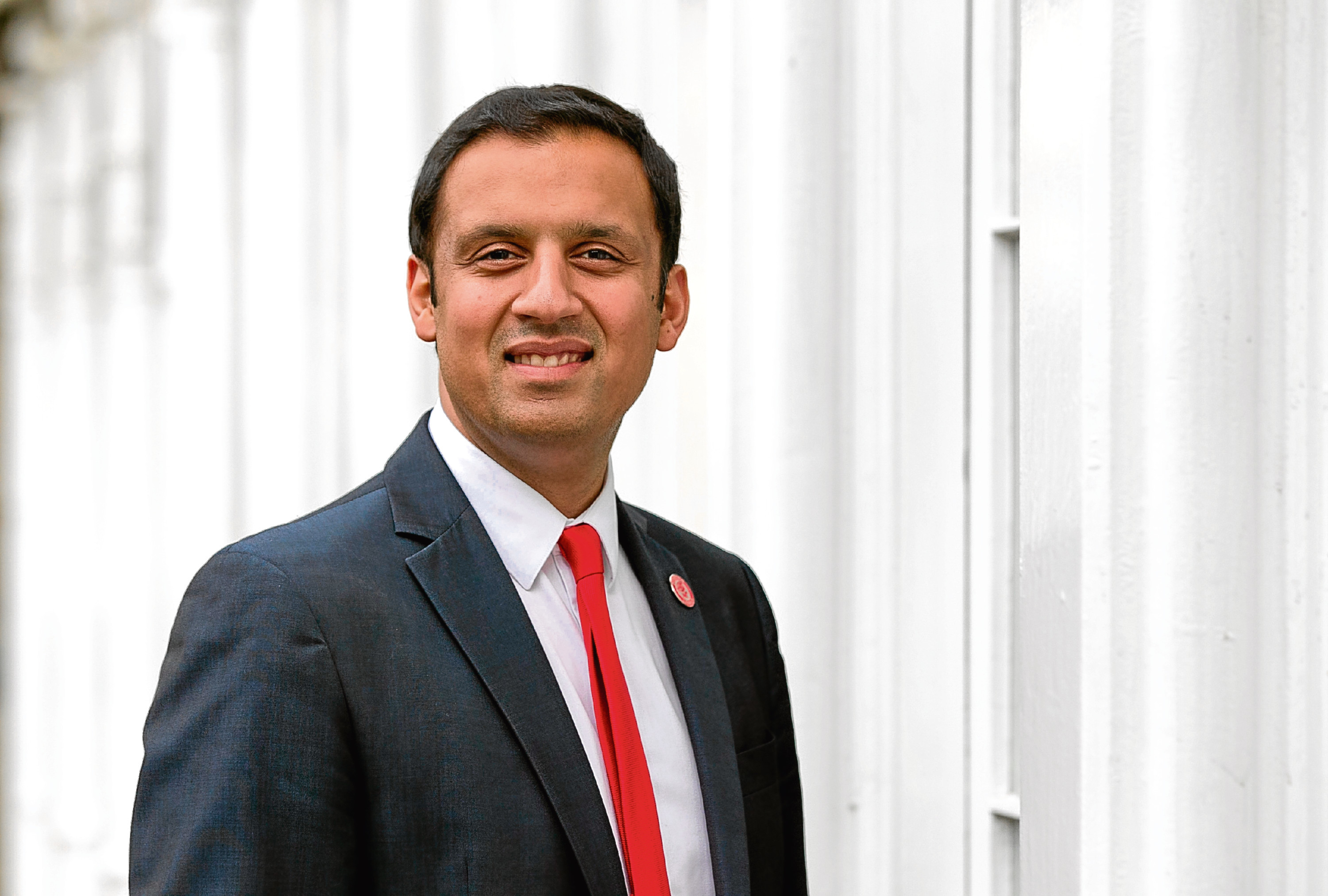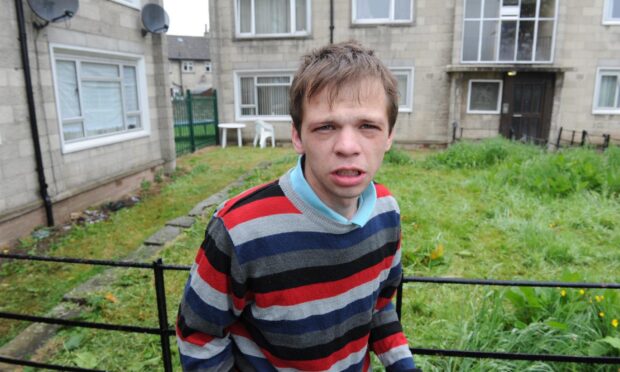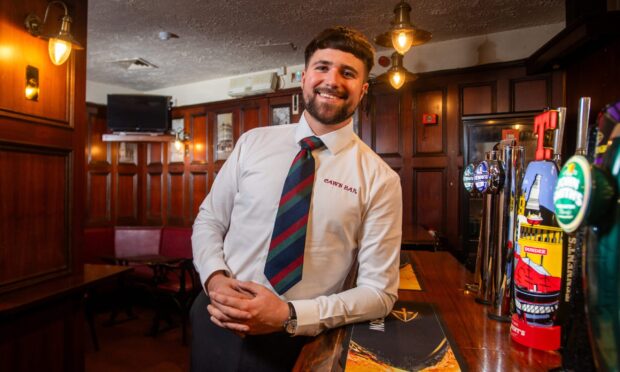Tayside cardiac patients are having to wait up to 30 weeks for treatment because the centre in Edinburgh which deals with them is only available once a week.
Heart failure sufferers are currently sent to Royal Edinburgh Hospital as this is the closest cardiology unit for specialised care.
However, the centre is only open to Tayside patients at set times.
The lack of availability means common procedures such as catheter ablation, used to treat abnormal heart rhythms, has a waiting time of around 30 weeks – far beyond the current 18-week target.
Official figures released in August revealed an increase in the number of people waiting too long for treatment in Scotland, with the Scottish government failing to meet its own goal of hitting the target in 90% of cases since June 2014.
Scottish Labour health spokesman Anas Sarwar said the issue was symptomatic of wider staffing issues across the health service.
“It is humiliating for the health secretary [Shona Robison] that cardiac patients in her own area are having to travel to Edinburgh for treatment and even then are only able to access the treatment one day a week,” he said.
“This is sadly symptomatic of the wider workforce crisis in our health service, with NHS staff not receiving the resources they need to deal with the levels of demand.
“People should be able to expect the care they need regardless of where they stay, and the postcode lottery on healthcare must end.”
North-east MSP Bill Bowman said patients deserved to know why their care was being restricted to one day a week.
He added: “The possibility that Tayside residents with heart conditions face a lengthy journey and the possibility of even greater waiting times is of great concern.”
An NHS spokeswoman confirmed the cardiology facility was currently available to Tayside patients on just one day a week, 50 weeks of the year.
“As with other health boards across Scotland and the UK, our clinicians refer a small number of patients to specialist centres outwith the region every year,” she said.
“Patients are referred to these centres because they require highly specialised surgical procedures and treatments which are often only available in a few dedicated hospitals around the UK.”
A spokeswoman for the Scottish Government said “every effort” was taken to minimise the number of people being sent for care outwith their home health board area.
She added that £50 million had been made available to NHS boards “to help drive down waiting times for all stages of a patient’s journey.”











